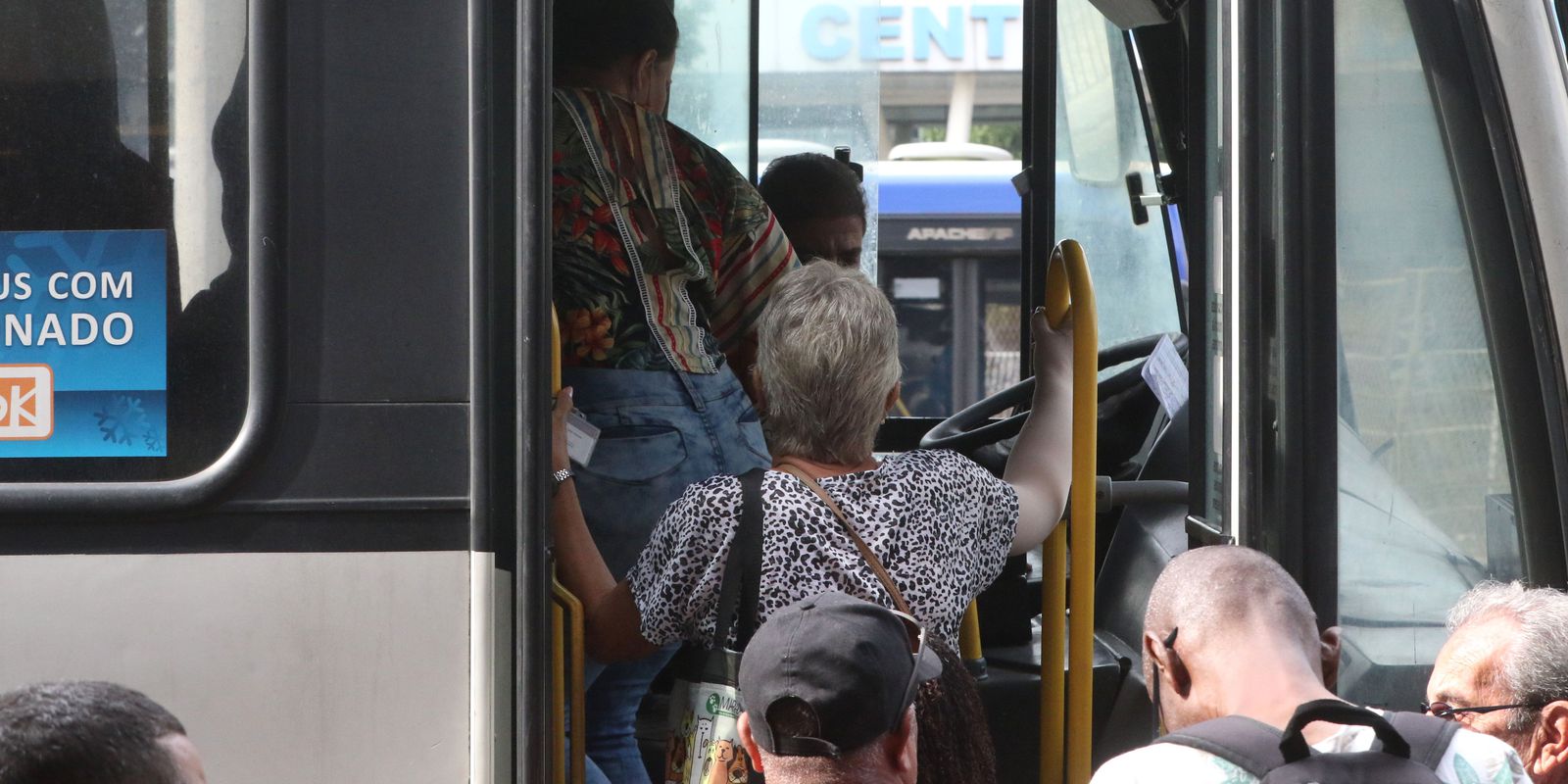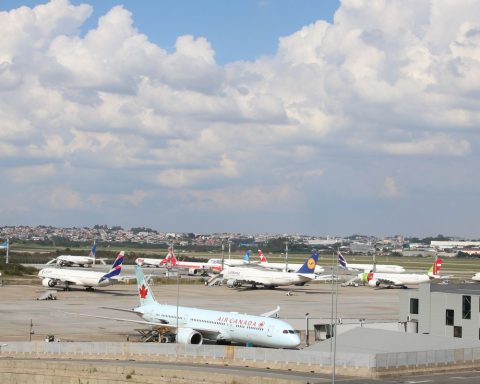Despite the 37.8% recovery in demand for paying passengers transported by urban buses in 2021 compared to the previous year, when compared to the 2019 scenario, prior to the pandemic, the drop recorded is still significant, in the order of 32.6% . This equates to a reduction of 10.8 million trips made by paying passengers per day, across the country. The data are part of the Yearbook of the National Association of Urban Transport Companies (NTU) 2021-2022, released today (9), at a sector seminar in São Paulo.
According to NTU, the demand analysis is based on the comparison for the months of April and October of each year. The month of April 2021 recorded a recovery of 119.5% compared to the same month of the previous year, a period in which the highest levels of social isolation were reached, resulting in an impact on the number of passengers transported in Brazilian cities. In October 2021, there was a small reduction of 2.1%, compared to the same period of the previous year.
According to a monitoring carried out by NTU on the impacts of the pandemic, from November 2021 to April 2022 the monthly levels of demand recorded fluctuated between 66.8% and 71.3%, in relation to the situation in the pre-pandemic period. .
“The data may indicate a scenario of stabilization of the level of demand, at a level close to 70% of the levels of 2019. There is no indication, so far, that this loss of passengers will be fully reversed, indicating the possibility of structural shrinkage of the sector”, says the entity.
In absolute numbers, in 2019, before the pandemic, 33.2 million trips were carried out by paying passengers per day in the country, a number that dropped to 22.4 million in 2021 (-32.6%). As for equivalent passengers transported or trips carried out by vehicle, with the exception of 2020, given that this was the year with the greatest impact, in 2021 the indicator showed that 251 passengers were transported daily, on average, per vehicle, taking into account the average of the months evaluated. From 2020 to 2021, there was an increase of 50.5%, although compared to 2019 the reduction is still high, at 25.1%.
The yearbook also indicates that the supply of public transport by bus increased by 8.5% in 2021, compared to the previous year. In July 2020, just over four months after the start of the pandemic, the offer of the service reached more than 70%, of the situation observed previously. In April 2022, the level of supply rose to 82.3% compared to 2019. “This occurred because the sector complied with the guidelines of the health authorities, in relation to the importance of guaranteeing social distance inside the buses”, evaluates the company. NTU.
According to the executive president of NTU, Francisco Christovam, the result is impressive due to its negative impact. “The organized public transport systems by urban bus, present in 2,703 Brazilian municipalities, had an accumulated loss of R$ 27.8 billion, from the beginning of the pandemic to April this year, according to the most recent survey carried out by the association, which served basis for the yearbook”.
He highlights that the reduction in productivity has been a structural condition of the sector for years, regardless of the greater impact caused by the pandemic. The accumulated drop during the entire historical series is 41.5%. In relation to 2019, there is still a 2.5% drop in productivity. According to the yearbook, the 2021 growth means that the sector has almost reached its pre-pandemic level of productivity.
“The consequences are terrible for the population and the economy of the entire country. People have at their disposal a fleet with the highest average age verified in almost three decades”, emphasizes Christovam.
















